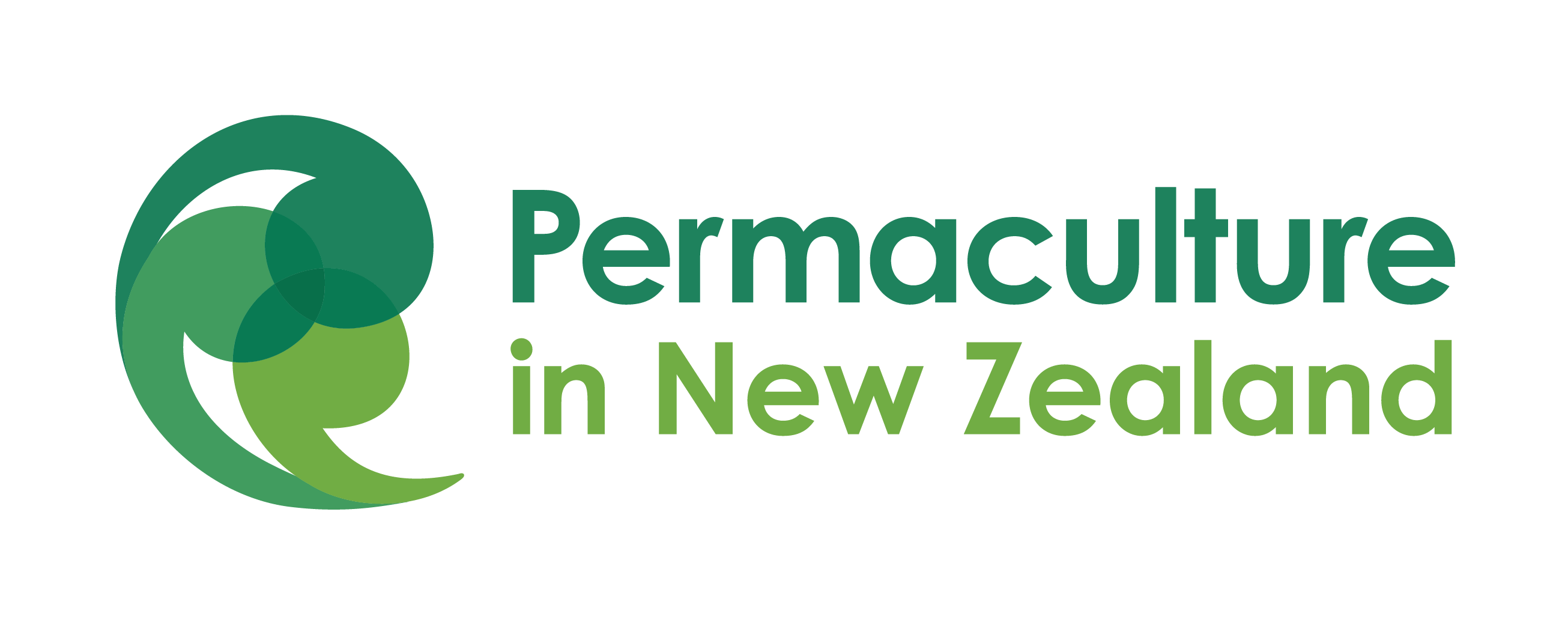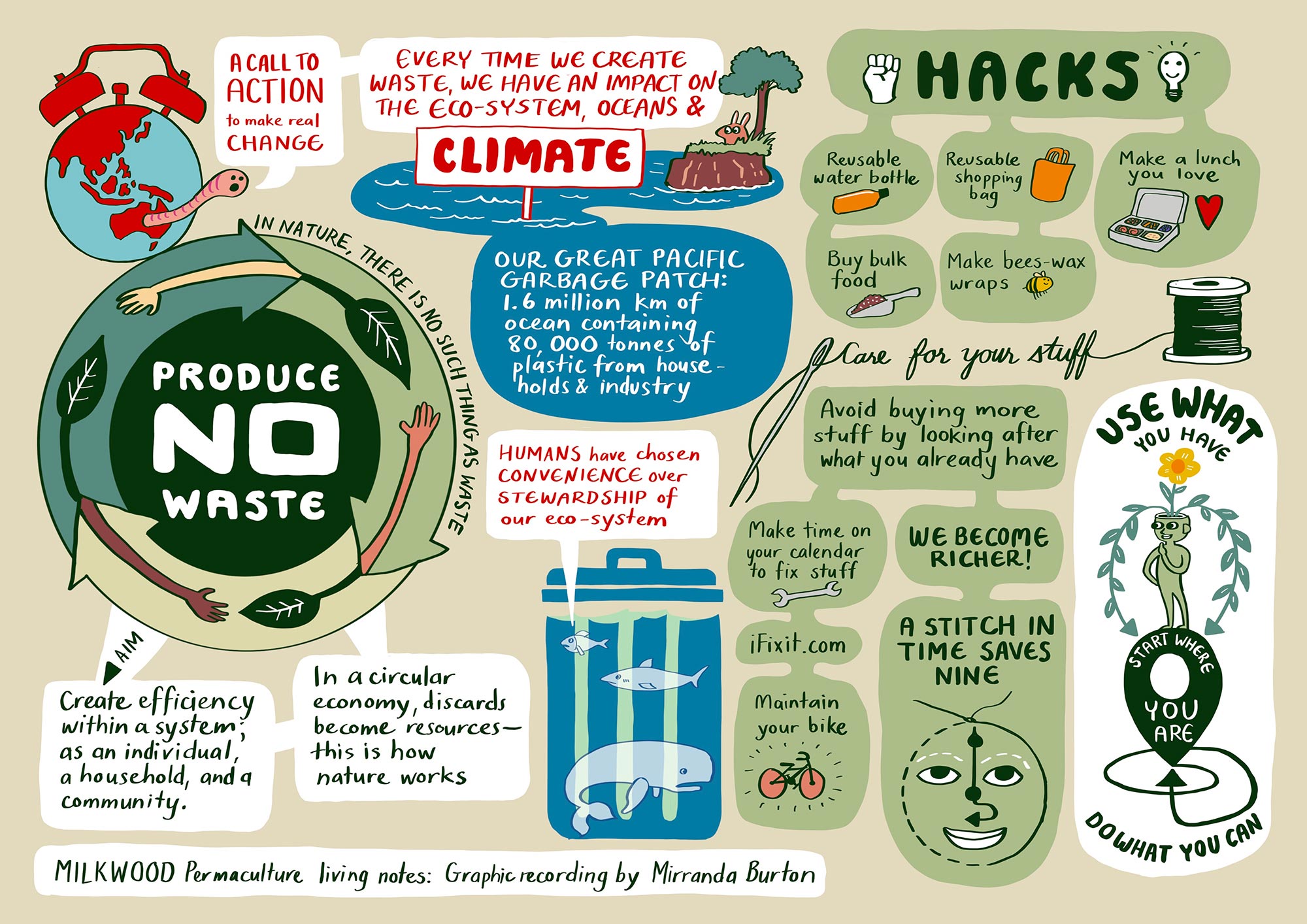| Kia ora koutou Permaculture Whanau I am currently in my final week of a trip back to Queensland Australia where my permaculture journey started more than 2 decades ago, and I have been fortunate to revisit some sites that I helped to create and see the changes that have occurred since I returned to Aotearoa in 2017. With the wonderful warm 27 – 33 degree days I have been reminded of the summer ahead and that I have a lot of preparation to get done in the garden and on the farm as soon as I return home. There will also be a lot of activity in the permaculture space over the next month with some projects coming to fruition, proposals put to members as part of our AGM to be held in late November, and we will be looking for new members to join the PiNZ council. One of the projects council have been working on is the creation of a new website and we have gone live. This decision came after a review of our functional requirements for our website, which are not complex, but include the ability for council members to manage the content and make updates with minimal delays, maintain greater control of member listings, and create a more streamlined process for website visitors to get in contact with the right council member for each type of enquiry. All able to be achieved without the need for large amounts of training or prior website development knowledge for new and existing council members. There will be further refining of the website over the next few months, but the upcoming AGM will be the priority. We will be sending out more information about the processes for the AGM and any proposals to be voted on by members. To receive this information and be entitled to vote at the AGM you must be a paid member of PiNZ. |
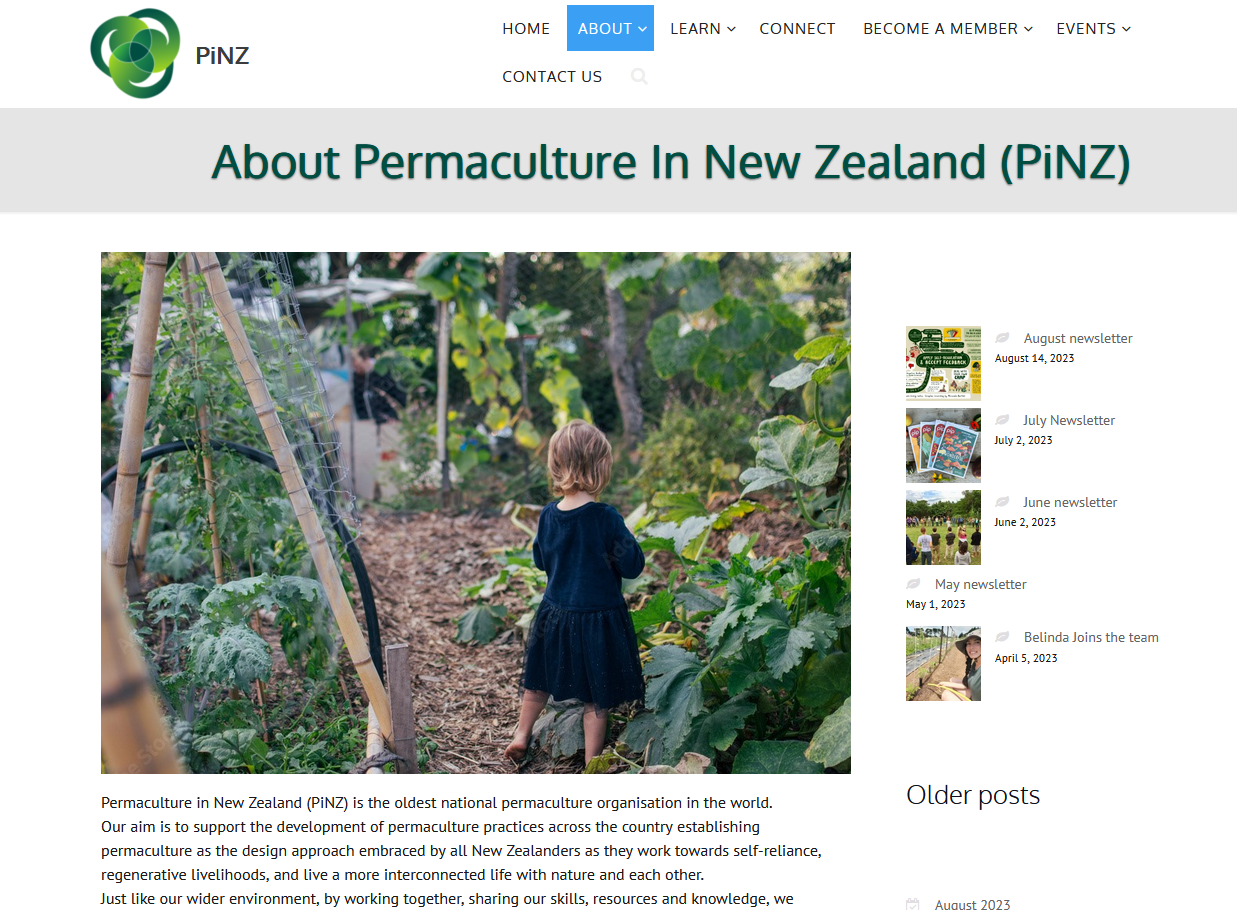 |
| With the PiNZ council looking to fill some roles and expand our numbers this is the time to consider if you are interested or know someone who might be, and let them know to look out for more information to be emailed out in the next two weeks. Nominees for the PiNZ Council must be paid financial members and be nominated and seconded by current PiNZ financial members. Being on council is a volunteer role and as a team it is up to us to guide our entire membership and help achieve the aims set out in our constitution: To care for the earth and its people as per the permaculture ethics and to promote the development and practice of permaculture in Aotearoa/New Zealand. However our organisation needs to have a defining purpose as to why our members believe it is important to work towards these aims, and the value of volunteering our time. I personally believe that by supporting the development of permaculture practices across the country and establishing permaculture as the design approach embraced by all New Zealanders, it will empower people to achieve greater self-reliance and resilience, inspire regenerative habits and livelihoods that improve the health of our planet for future generations, and reward us with a life more interconnected life with each other and with the natural environment. Your motivation might be different to mine, but as past, present or potential future members perhaps take some time to reflect on why you are involved in permaculture, what you would like to see our organisation achieve and how you can contribute to that idea coming to fruition. At each AGM we ask our members for their feedback so whether you are a member or not if you would like to share your thoughts feel free to email me on info@permaculture.org.nz |
| Nga Mihi Nui Fiona Moorhouse Chairperson Permaculture in New Zealand |
| Kia ora, We had Spring Equinox already in September but the weather hasn’t fully turned into warm-misty spring days. If you are living on the land, this is possibly one of the busiest times in the garden. Sowing seeds, planting early potatoes for Christmas (is it already?), making compost.. The list goes on. We have also made it to half way in Permaculture Principles, exploring principle 6: Produce no waste in this newsletter. |
| Permaculture Principle 6: PRODUCE NO WASTE |
| The idea behind each principle is to look at nature and take lessons on how nature works. We are also learning a lot looking into how indigenous cultures / pre industrial societies worked with nature, essentially the ways of fitting the role of humans into the local ecological system. A big concept in nature is that there is NO WASTE. Also called a closed loop system, nature goes in full cycle, making waste from one into resources for others. This keeps everything in a constant cycle instead of transformation. |
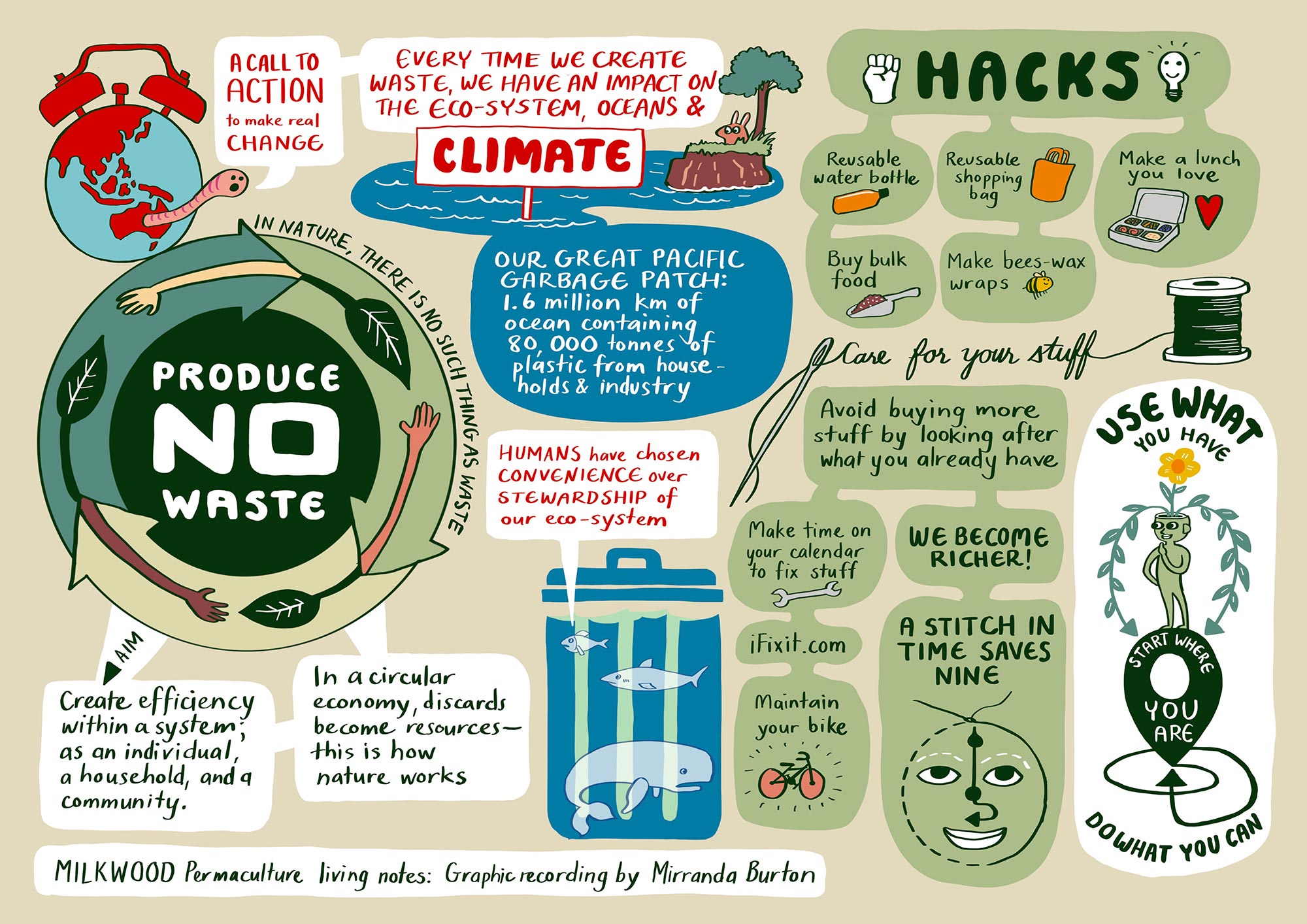 |
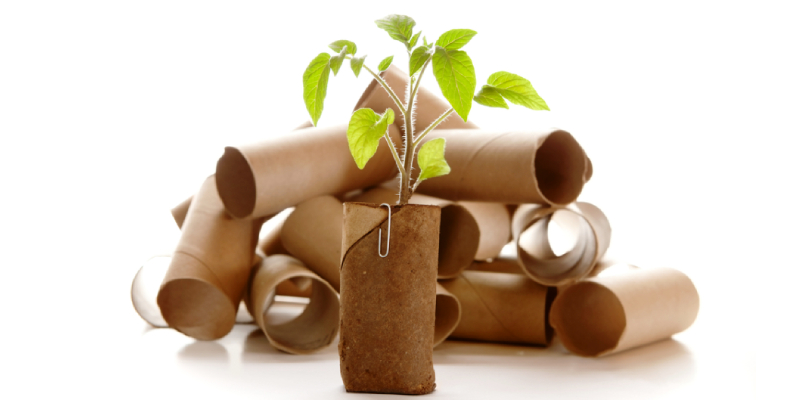 USE WASTE CREATIVELY Unfortunately generations of cheap energy and resources have led to wasteful and inefficient ways of living and land use. When we end up with an output from our household or garden that does not get used productively by any other system, we create a pollutant. By looking for ways to minimize pollution and use waste creatively as a resource and an opportunity, we can make a big difference. USE WASTE CREATIVELY Unfortunately generations of cheap energy and resources have led to wasteful and inefficient ways of living and land use. When we end up with an output from our household or garden that does not get used productively by any other system, we create a pollutant. By looking for ways to minimize pollution and use waste creatively as a resource and an opportunity, we can make a big difference. |
| One simple method anyone can use to create less waste, and eventually no waste, is to compost. From a small apartment living to a farm, there are suitable composting methods that require little space or even input. Or buying what you need from second hand shops, supporting local businesses, even as simple as upcycling the leftovers to make a new dish is a way to reduce waste. |
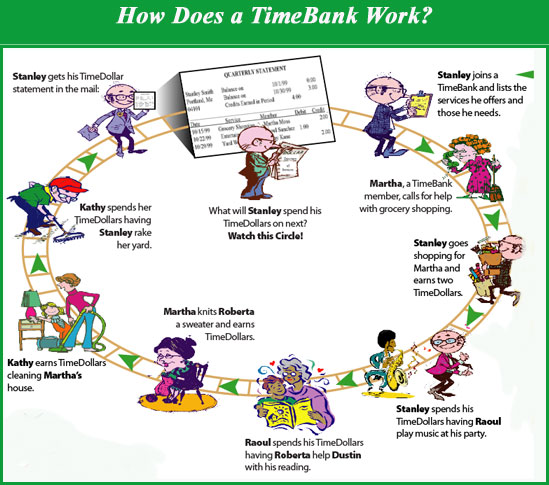 ALTERNATIVE ECONOMIES Alternative economy refers to processes of production, exchange, and consumption that differ from the capitalist mainstream that focuses on local communities. Time banking, crop swap, local farmers market, community loan systems are examples of alternative economies. ALTERNATIVE ECONOMIES Alternative economy refers to processes of production, exchange, and consumption that differ from the capitalist mainstream that focuses on local communities. Time banking, crop swap, local farmers market, community loan systems are examples of alternative economies. |
| These help build the community by weaving connections to other people, to new experiences, to community activities and unique and interesting offers made by each person. For example, members of a Timebank exchange skills, time, and knowledge using time instead of money as a currency. Everyone has talents and abilities to share:babysitting, knitting, fixing bikes, raising seedlings etc. Timebanking is a great way for people to benefit and learn from one another, essentially creating a more resilient and connected community. |
| Check out these links to find something in your local area: |
| So as we head into the season of abundance consider; how you might be able to create less waste by composting, reusing, recycling and what other creative ways to use unwanted items? Arohanui, Merve Yeşilkır |
| Looking to connect? |
| Coming up this month our members are holding events around the country. Head over to our website and check out what is being offered in your local area. If you are a member and have an event coming up that you would like to promote on the website, please get in touch by emailing Permaculture In New Zealand. |
| Helpful links |
| Permaculture In New Zealand Matakana New Zealand You received this email because you signed up on our website or made purchase from us. Unsubscribe |
